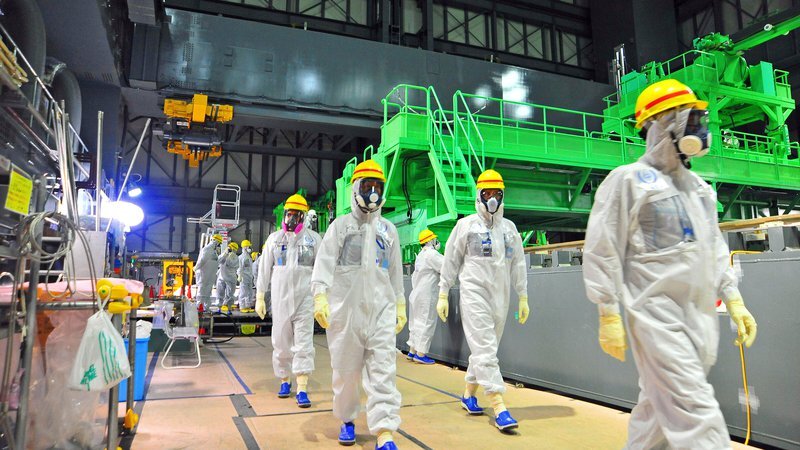Iran may accept US nuclear inspectors if a deal is reached, says atomic chief

TEHRAN – Iran has signaled it may allow American inspectors working for the International Atomic Energy Organization (IAEA) to monitor its nuclear program—but only if ongoing negotiations result in a favorable agreement for Tehran.
The statement came from Mohammad Eslami, head of the Atomic Energy Organization of Iran (AEOI), during a press briefing on Wednesday.
Eslami emphasized that while Iran has historically rejected inspectors from hostile nations, including the United States, the current diplomatic landscape could lead to a policy shift. "If an agreement is reached and Iran’s demands are met, we will reconsider accepting U.S. inspectors through the IAEA,” he said.
Iran and the U.S. have held five rounds of indirect negotiations since early April to reach a deal that limits Tehran’s nuclear activities in exchange for the termination of sanctions. The date and location for a sixth round of talks are being discussed, according to Iran’s Foreign Minister Seyyed Abbas Araghchi, talking to reporters during an official visit to Oman.
While both sides have so far described the talks as largely constructive, significant disagreements remain, particularly over Iran’s uranium enrichment program. Tehran has long insisted that halting enrichment is non-negotiable, citing its right to peaceful nuclear technology under the Nuclear Non-Proliferation Treaty (NPT). According to sources familiar with the discussions, Iran’s delegation reaffirmed this stance at the outset of the first round of the current negotiations.
The U.S. position, however, appears less consistent. American officials have sent mixed signals in recent weeks, at times suggesting their sole red line is preventing a nuclear-armed Iran, while at other moments demanding the dismantling of key nuclear facilities and a complete end to enrichment.
During his Wednesday remarks, Eslami reiterated Iran’s firm stance on uranium enrichment, calling it the "cornerstone" of the country’s nuclear industry. Comparing it to the electricity sector, he argued that without enrichment, akin to a power plant, other nuclear infrastructure would be meaningless. "Taking away enrichment means dismantling the entire nuclear industry. This is Iran’s red line, and we have communicated this clearly, both in writing and verbally, during negotiations," he stated.
He also warned that stopping enrichment would devastate Iran’s healthcare system, where one million patients annually rely on domestically produced radioisotopes for medical treatments. "Without 20% enriched fuel for the Tehran reactor, radioisotope production stops," he said. Research reactors, food safety systems, and advanced manufacturing sectors would also face collapse, he added.
Also on Wednesday, Iran’s Foreign Ministry Spokesman Esmaeil Baqaei said the country will show no flexibility on its uranium enrichment program. "Enrichment is an inseparable part of Iran's nuclear industry, and any proposal or initiative that contradicts this principle or undermines this right is unacceptable.”
The spokesman also dismissed media reports outlining potential terms of a future deal, calling them "pure media conjecture" pushed with "various motives and intentions."
"None of these claims can be confirmed," he added, without elaborating on specific details of the negotiations.
Leave a Comment